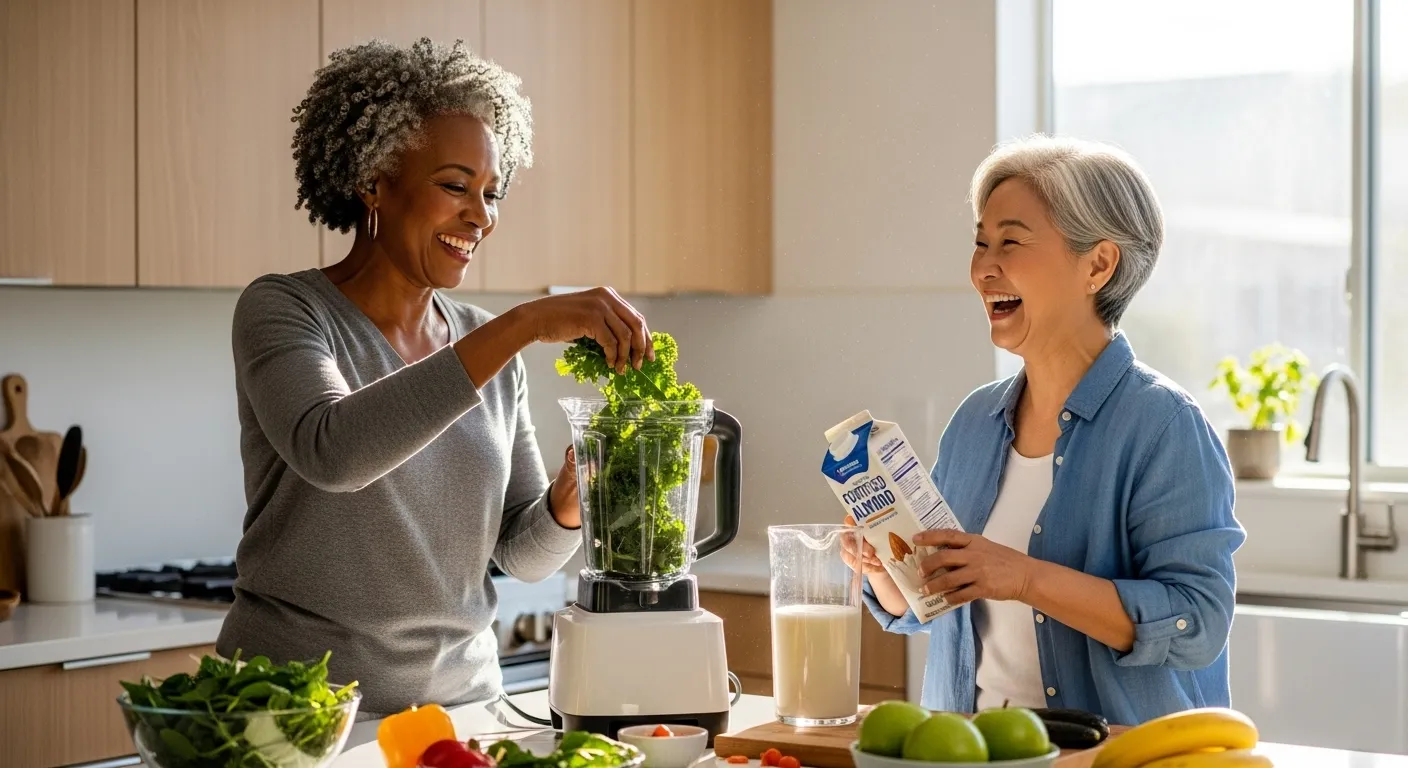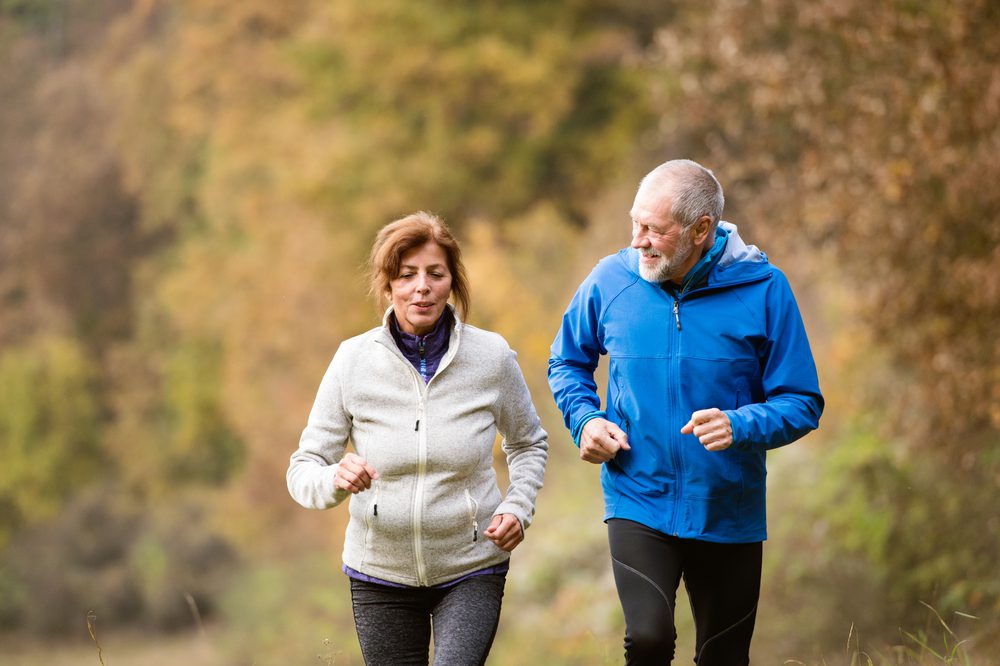Frequently Asked Questions About Bone Health
1. How much calcium and vitamin D do I really need each day?
For adults over 50, the general recommendation is 1,200 mg of calcium per day. For vitamin D, the recommendation is 800-1,000 IU (International Units) per day. However, individual needs can vary, so it’s best to consult your healthcare provider. You can find detailed dietary guidelines at the USDA’s website: https://www.usda.gov.
2. I’m lactose intolerant. How can I get enough calcium?
You have so many wonderful options! Focus on fortified plant-based milks (almond, soy, oat), fortified orange juice, firm tofu, canned sardines or salmon with bones, dark leafy greens like kale and collard greens, and beans. Many people with lactose intolerance can also tolerate yogurt with live active cultures.
3. Are frozen or canned vegetables just as good as fresh?
Absolutely! Frozen and canned vegetables are often picked and processed at peak ripeness, which locks in their nutrients. They are excellent, convenient, and budget-friendly ways to get your vitamins and minerals. For canned options, look for low-sodium or no-salt-added varieties.
4. Is it ever too late to start improving my bone health?
It is never, ever too late. While you may not be able to build bone as rapidly as you did in your 20s, you can absolutely slow the rate of bone loss and, in some cases, even increase density at any age. More importantly, improving your diet and starting an exercise program will build muscle and improve balance, which significantly lowers your risk of falling and fracturing a bone.
5. What is the difference between osteoporosis and osteopenia?
Think of it as a spectrum. Osteopenia is the stage before osteoporosis. It means you have lower-than-normal bone density, but it’s not low enough to be classified as osteoporosis. A diagnosis of osteopenia is a valuable wake-up call to start implementing lifestyle changes to prevent the progression to osteoporosis.
6. Do I need a bone density test?
A bone density test, or DXA scan, is a simple, painless X-ray that measures the mineral content of your bones. It’s generally recommended for women aged 65 and older and men aged 70 and older, or for younger individuals with specific risk factors. Talk to your doctor to see if a scan is right for you.




















